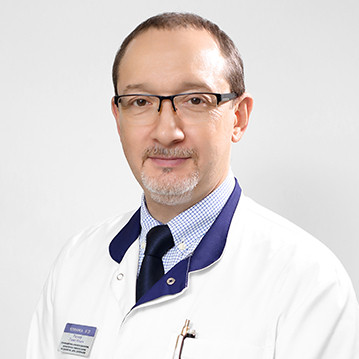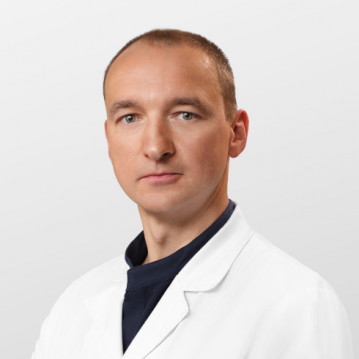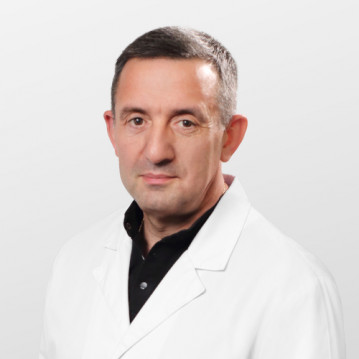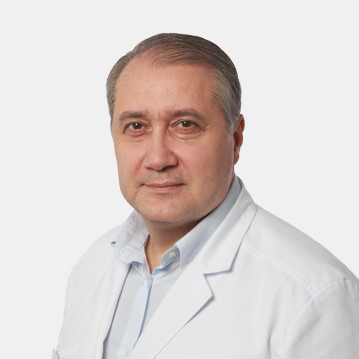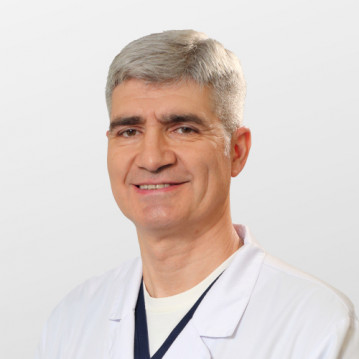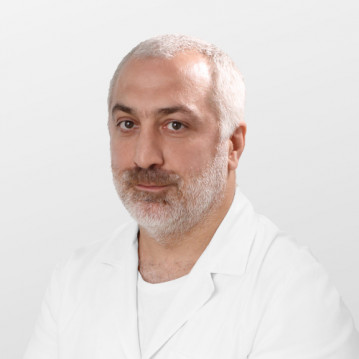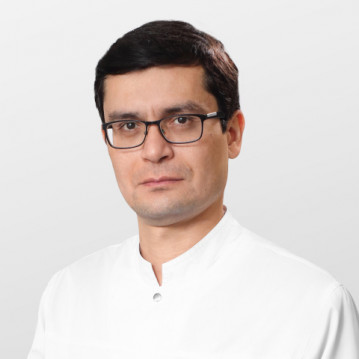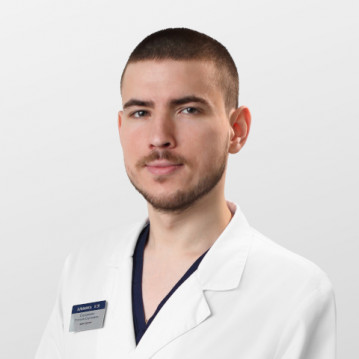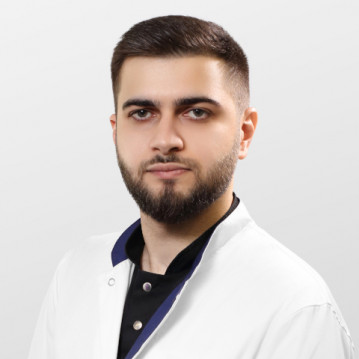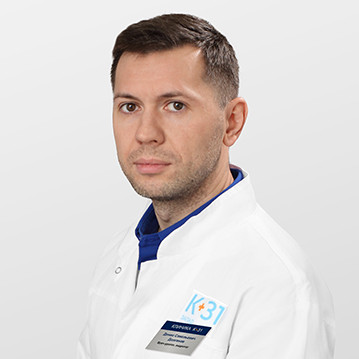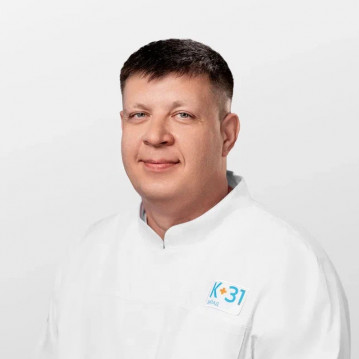A comprehensive urodynamic study (CUDI) is a procedure that makes it possible to assess the state of the urinary system. The examination is prescribed in order to identify pathologies in the area under consideration. During the manipulation, inflammatory processes, prostate adenoma in men, etc. can be detected.
Urination disorders cause a lot of inconvenience of a different nature. Due to the delicacy of the problem, patients often delay the visit to a specialist, which can lead to undesirable consequences.
High-tech equipment and professionalism of the specialists of the "K+31" clinic allow you to conduct a urodynamic examination in a comfortable environment and determine further treatment tactics.
Indications for the appointment of KUDI
A urodynamic study is used to evaluate urodynamics - the movement of urine.
Urodynamic examination is aimed at studying the functional state of the bladder and urethra. This helps to establish reliable causes of urination disorders that are not associated with inflammation or organic damage.
The reason for performing KUDI in urology is the presence of the following complaints:
- frequent urination;
- pain and difficulty emptying;
- sudden urges;
- stress incontinence;
- no feeling of bladder fullness;
- uncontrolled leakage of urine.
The procedure is prescribed for violations of the urinary organs against the background of diabetes mellitus, neurological (traumatic brain injury, parkinsonism), mental illness, etc.
KUDI examination is indicated for:
- urinary retention;
- neurogenic urinary disorders;
- impaired bladder contraction function;
- preparing for surgery;
- relapses, complications after intervention;
- no effect of the prescribed therapy.
KUDI is the most informative method that helps to identify functional changes in the urinary tract.
What does KUDI include
Urodynamic examination is a general term for diagnostic measures that make it possible to detect dysfunction of the urinary system by measuring relevant parameters.
The examination includes the following types of invasive and non-invasive procedures:
- Urine analysis is carried out to detect infectious processes.
- Uroflowmetry. With the help of a special device, the volume of urine excreted, the time and speed of emptying are determined.
- Cystometry. In the process of manipulation, the bladder cavity is filled with a sterile solution. Special sensors of the system measure pressure indicators during filling and emptying of the organ, its volume, the moment of urge.
- Profilometry measures urethral function.
- Cystoscopy. The method helps to visualize in detail the condition of the bladder and urethra.
- Residual urine volume determination using an ultrasound machine or a catheter.
- "Pressure - flow". Thanks to the procedure, it is possible to determine the pressure in the bladder, the work of the urethral sphincter at the same time.
- Electromyography helps to determine the condition of the pelvic muscles.
- Stress test. The doctor asks the patient to perform some physical action (for example, cough) with a full bladder.
- Ultrasound of the bladder.
The plan of urodynamic measures is compiled by a specialist on an individual basis for each patient, taking into account complaints, the clinical picture, analysis of the urination diary, etc.
